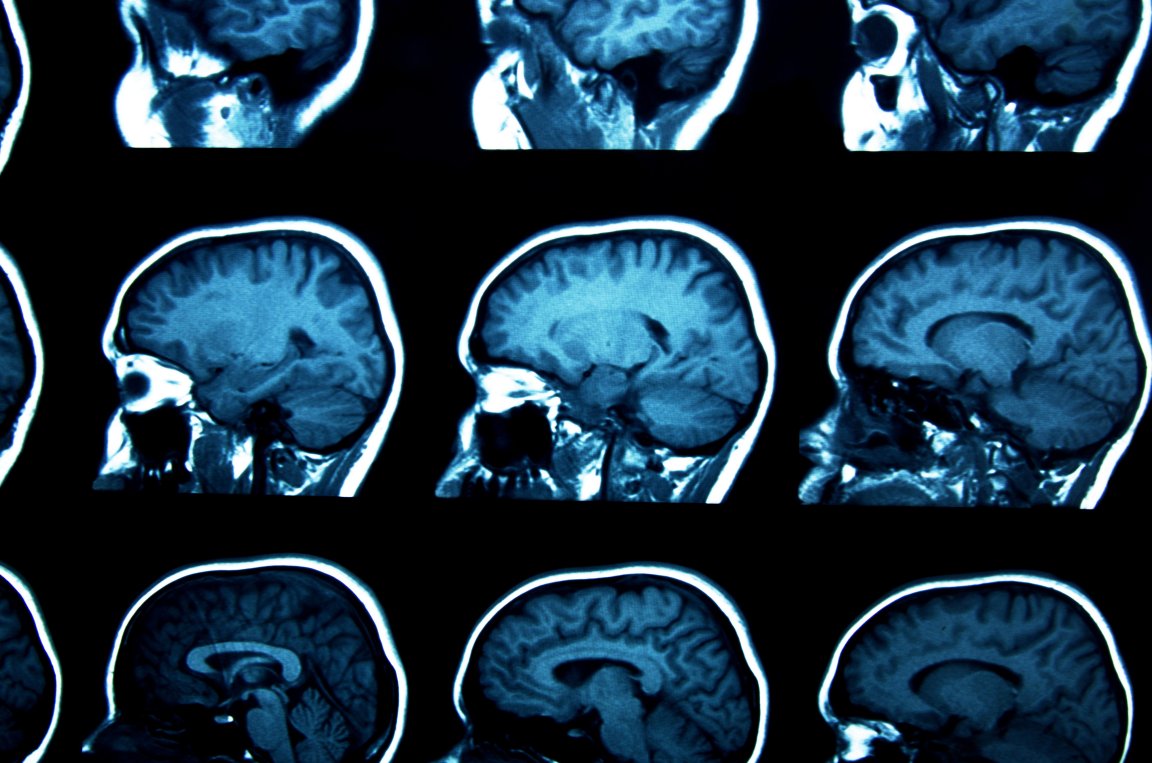
Understanding Schizophrenia
While often misrepresented in the media, schizophrenia is a disease that can have a major impact on the lives of those living with it. Around the world, 21 million people are currently living with the mental illness, the symptoms of which can include paranoia, auditory and visual hallucinations. These symptoms can be severe and debilitating, and can impact every aspect of a person’s life. According to the World Health Organization (WHO), schizophrenia is defined by “profound disruptions in thinking, affecting language, perception, and the sense of self.”
An international team of researchers has found that these life-altering symptoms could be caused by defects in glial cells, the cells that support and insulate nerve cells. By using mice with brains colonized by human-donated glial cells, the team’s discovery could greatly impact the future diagnosis and treatment of schizophrenia.
Lead researcher Steve Goldman, from the University of Copenhagen and the University of Rochester, stated that “It was through studies of mice with human glial cells that we succeeded in testing how dysfunctional glial cells may cause abnormalities in the formation of the brain’s neural networks, which may in turn cause severe anxiety, anti-social behaviour and severe sleep problems.”

Future Treatments
Living with schizophrenia can present many challenges for patients, and to further complicate matters, the antipsychotic medications used to treat the mental illness often lead host of side effects themselves: ranging from severe restlessness to the onset of Parkinson’s disease.
The side effects of many conventional, readily available treatments are so severe that patients sometimes discontinue or avoid treatment altogether. As is the case with most neurological diseases, there isn’t likely to be one single cause for the disease — nor a single cure-all. But this discovery marks hopeful progress towards better treatment.